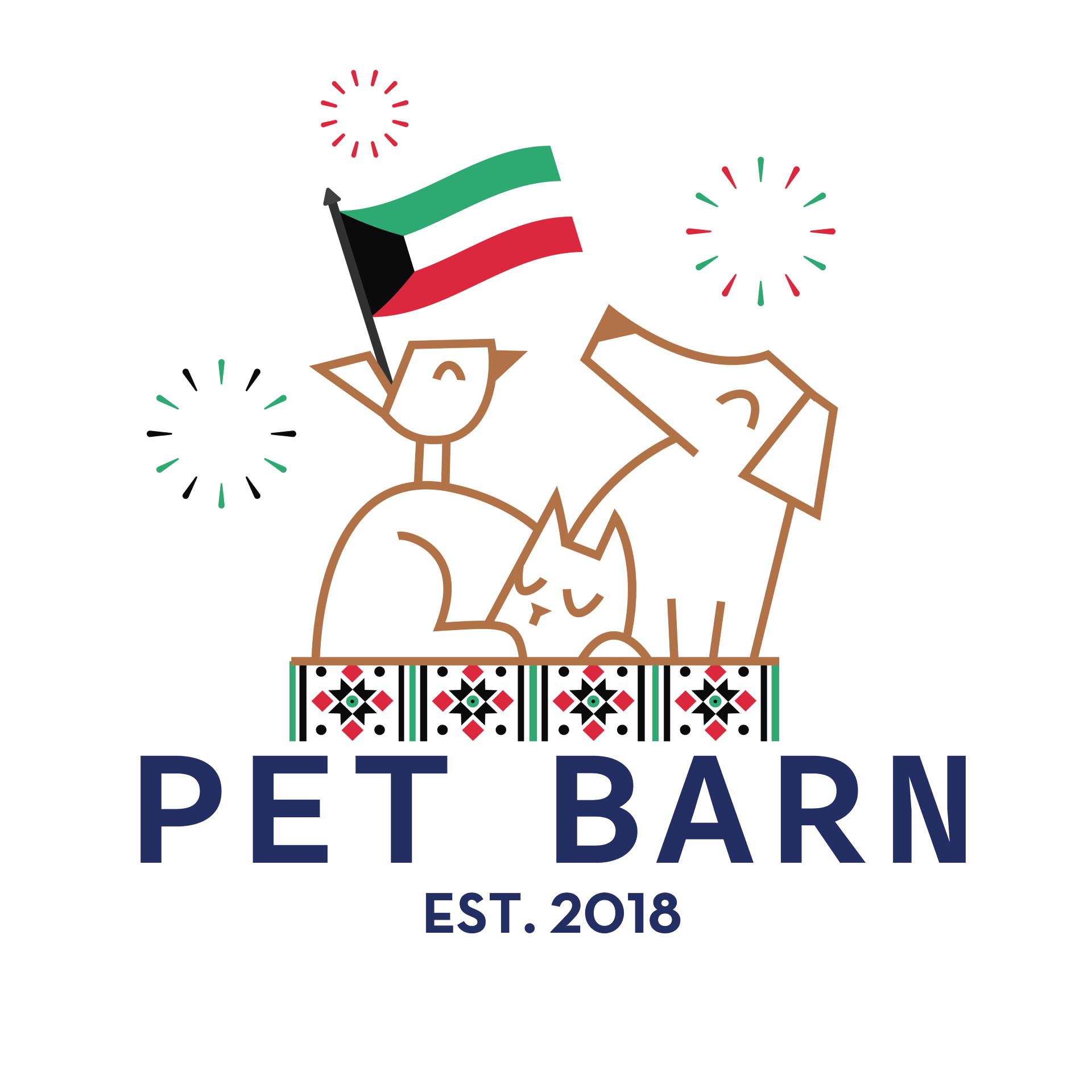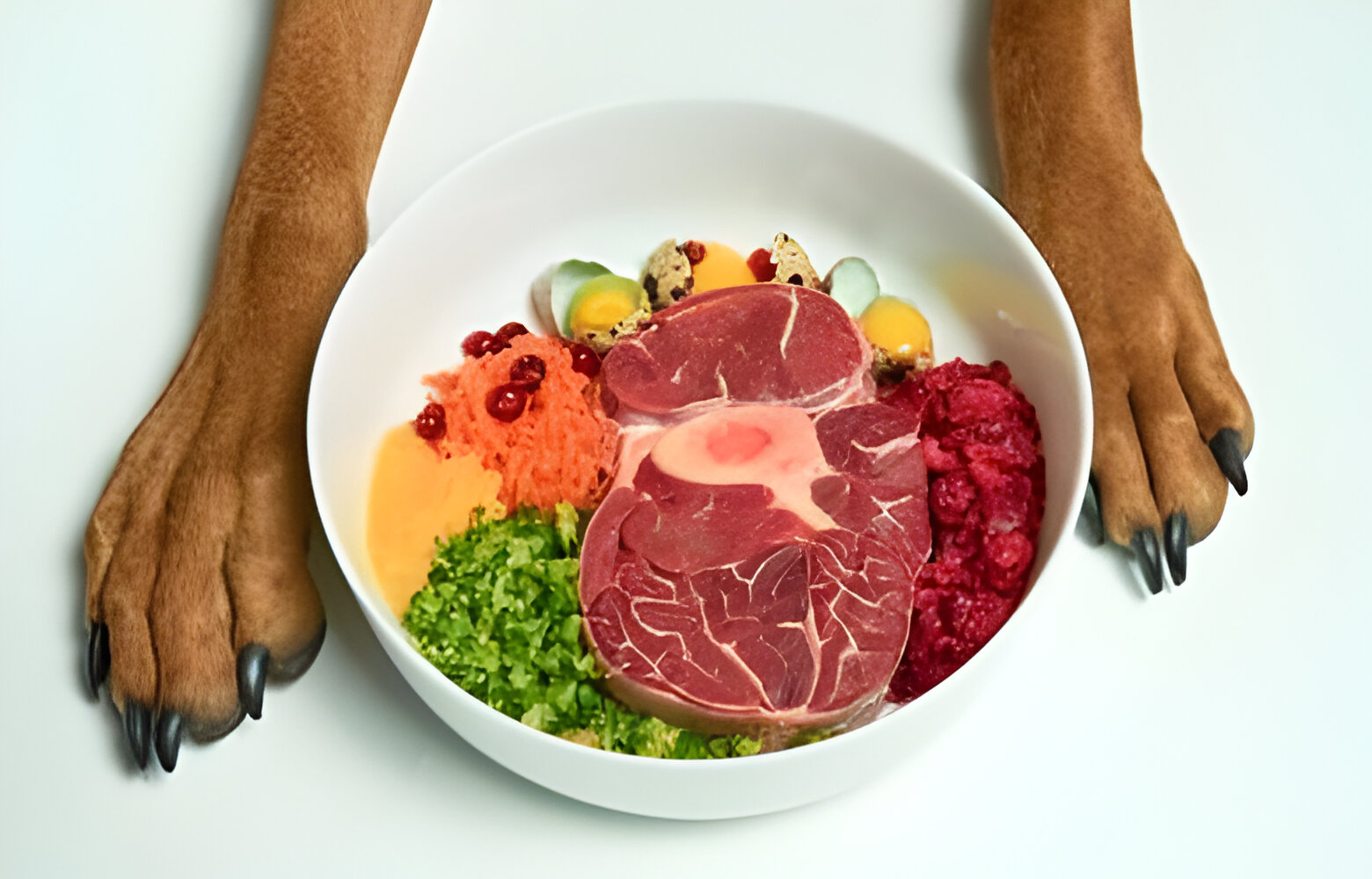For many dog owners, the urge to share a bite of their meal with their furry companions is irresistible. Those pleading eyes, wagging tails, and adorable demeanor can make it challenging to resist slipping them a morsel of human food. However, what seems like a harmless act of love can sometimes pose risks to your dog’s health. Understanding the guidelines for feeding dogs human food is essential for their well-being and longevity.
The Evolution of Canine Nutrition: From Wolves to Family Pets
Dogs, as domesticated descendants of wolves, have undergone significant dietary changes alongside their evolution from wild animals to cherished members of our families. While wolves primarily consumed raw meat, the dietary habits of modern dogs have diversified to include a variety of foods, including those commonly found in human diets.
As our understanding of canine nutrition has evolved, so too have the recommendations for feeding dogs. While commercial dog food remains a staple in their diets, many pet owners are incorporating human food into their pets’ meals as well.
The Risks of Feeding Dogs Human Food
Feeding your dog human food can come with a host of risks, ranging from mild digestive upset to severe illness or even toxicity. Certain foods that are perfectly safe for human consumption can be harmful or toxic to dogs due to differences in their metabolism and digestive systems.
Some of the most common foods that should be avoided when feeding dogs human food include:
1. Chocolate:
Chocolate contains theobromine and caffeine, which are toxic to dogs and can lead to symptoms ranging from vomiting and diarrhea to seizures and even death.
2. Grapes and Raisins:
Grapes and raisins can cause kidney failure in dogs, even in small amounts.
3. Onions and Garlic:
These foods, whether raw, cooked, or powdered, can damage a dog’s red blood cells and lead to anemia.
4. Xylitol:
Found in sugar-free gum, candies, and some peanut butter, xylitol can cause a rapid release of insulin in dogs, leading to hypoglycemia and liver failure.
5. Avocado:
Avocado contains persin, which can cause vomiting and diarrhea in dogs.
6. Alcohol:
Even small amounts of alcohol can be toxic to dogs and may lead to vomiting, diarrhea, coordination problems, central nervous system depression, coma, and even death.
7. Bones:
Cooked bones, particularly those from poultry and fish, can splinter and cause internal injuries or blockages in a dog’s digestive system.
Safe and Healthy Alternatives for Dogs
While many human foods pose risks to dogs, there are also plenty of safe and healthy alternatives that you can share with your furry friend. Some examples of dog-friendly human foods include:
1. Lean Meats:
Cooked lean meats such as chicken, turkey, and beef can be a good source of protein for dogs. Be sure to remove any bones and excess fat before offering them to your pet.
2. Vegetables:
Many dogs enjoy vegetables like carrots, green beans, and sweet potatoes as healthy snacks. These options are low in calories and high in fiber and nutrients.
3. Fruits:
Certain fruits like apples (without seeds), bananas, and blueberries can be a tasty and nutritious treat for dogs. However, be cautious with fruits that have pits or seeds, as they may present choking hazards.
4. Plain Rice or Pasta:
Plain, cooked rice or pasta can be a bland and easily digestible option for dogs with upset stomachs.
5. Peanut Butter:
Peanut butter can be a tasty treat for dogs, but make sure it does not contain xylitol, which is toxic to them.
6. Yogurt:
Plain, unsweetened yogurt can be a good source of probiotics for dogs, helping to promote digestive health.
7. Cooked Eggs:
Cooked eggs are a good source of protein and can be a nutritious addition to your dog’s diet. Just be sure to avoid adding any seasonings or oils.
Moderation and Balance: Key Principles for Feeding Dogs Human Food
When incorporating human food into your dog’s diet, moderation and balance are key. Treats should make up no more than 10% of your dog’s daily caloric intake, with the majority of their diet coming from high-quality commercial dog food.
It’s also important to consider your dog’s individual dietary needs and any health conditions they may have. Consult with your veterinarian before making any significant changes to your dog’s diet, especially if they have specific dietary restrictions or medical concerns.
Feeding dogs human food can be a delightful way to bond with your pet and share special moments together. However, it’s crucial to be mindful of the potential risks and guidelines for offering them human food. By understanding which foods are safe and which should be avoided, as well as practicing moderation and balance in their diet, you can ensure that your furry companion remains happy, healthy, and well-nourished for years to come. Remember, a little love and attention go a long way in keeping your dog’s tail wagging and their stomach happy. With proper care and attention, you can enjoy many delicious and safe snacks with your beloved canine companion.

